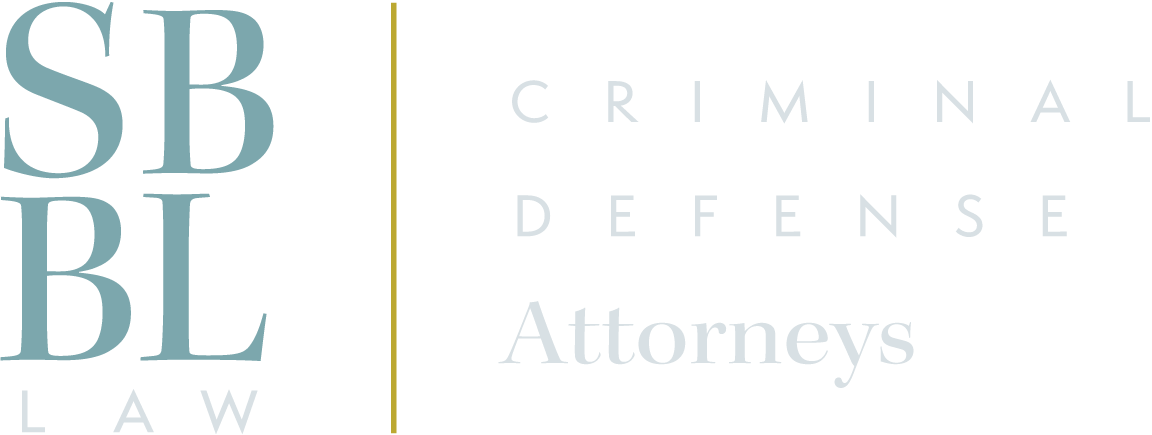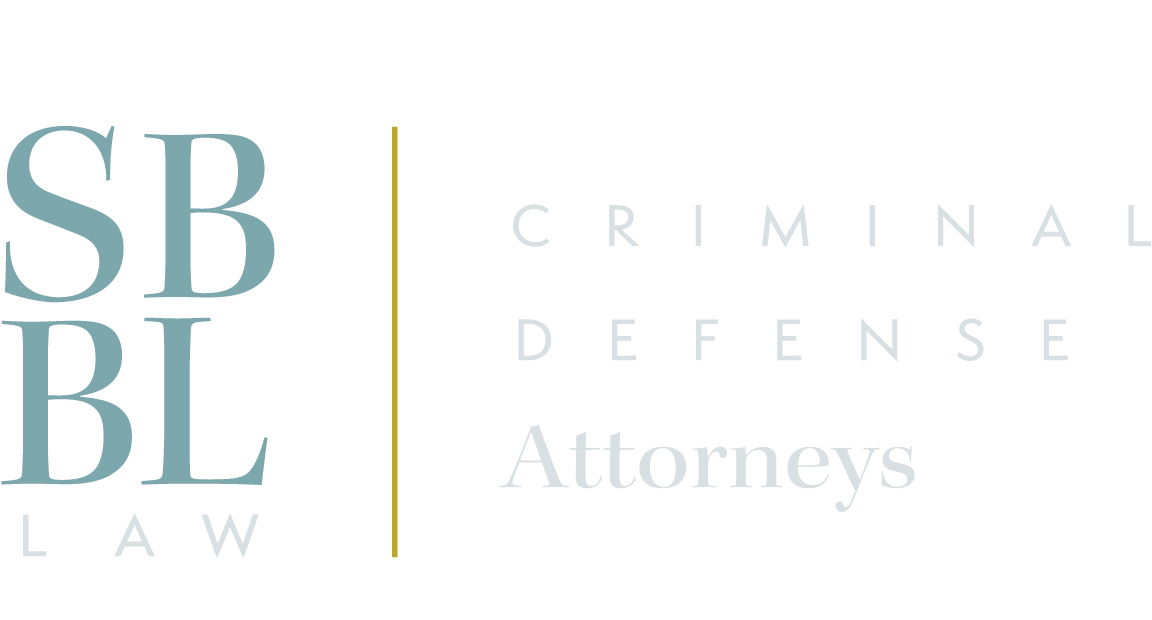Federal White-Collar Crimes
White-collar crimes encompass a wide variety of offenses that generally involve money, federal programs, and/or federally-insured financial institutions, including:
Tax fraud and IRS investigations
Health care fraud
Bank fraud
Wire fraud
Mortgage fraud
Identity theft
Money laundering
Bankruptcy fraud and loan fraud
Embezzlement
Government programs fraud
Structuring
Securities fraud
Ponzi schemes
These crimes are often prosecuted federally.
Federal agencies and prosecutors build their cases by issuing subpoenas for documents, as well as for witnesses to testify before a grand jury. A variety of law enforcement agencies investigate these types of cases, including, for example, the Federal Bureau of Investigation (FBI), the Social Security Administration (SSA), the Internal Revenue Service (IRS), the Small Business Administration (SBA), and state Health and Human Services (HHS) agencies. All of these agencies have the power to investigate and recommend serious federal charges.
For almost all people who find themselves under investigation for a white-collar offense, this is their first experience with law enforcement.
They are often successful doctors, investors, real estate developers, business owners, and other highly-regarded members of the community. An investigation will usually include a knock on the person’s door by an agent wanting to ask questions or who has a subpoena or search warrant for documents. The person’s instinct is usually to speak with investigators to “clear the air” and explain things. This is a mistake that can potentially be irreversible. Investigators are not there to help the person under investigation, no matter how polite or unassuming the investigators may seem. Rather, they are there to build their case and gather any statements and information that confirm even innocent-seeming details in their investigation. Anyone who becomes the target of a federal white-collar investigation should immediately contact an experienced federal criminal defense attorney and not say anything at all to investigators. This can feel uncomfortable, but it can be done politely by simply declining to answer questions without an attorney present. If it is beneficial to speak with investigators, it can be done later when an attorney is present.
Federal offenses can carry stiff penalties, including large fines, restitution to victims, and prison sentences.
SBBL Law attorneys are experienced in dealing with federal investigative agencies, defending against white-collar allegations, negotiating favorable resolutions, and presenting cases before a federal jury. If a conviction results, the United States Sentencing Guidelines dictate the starting point for where the ultimate sentence might fall. The guidelines are complex and nuanced, requiring expertise in federal law and the ability to argue that certain guidelines factors apply or do not apply in order to reduce the potential sentence.
Federal white-collar cases can often result in civil lawsuits by the US government.
SBBL Law is experienced in navigating the complex interplay of criminal and civil cases, including in health care fraud cases involving fraudulent billing of federal programs. SBBL Law has been successful in helping clients avoid charges altogether, negotiating pre-indictment resolutions to misdemeanors or corporate plea agreements instead of felonies, arguing for below-guidelines sentences, securing no-jailtime probation sentences, and limiting financial liability in civil settlements following a criminal conviction.

